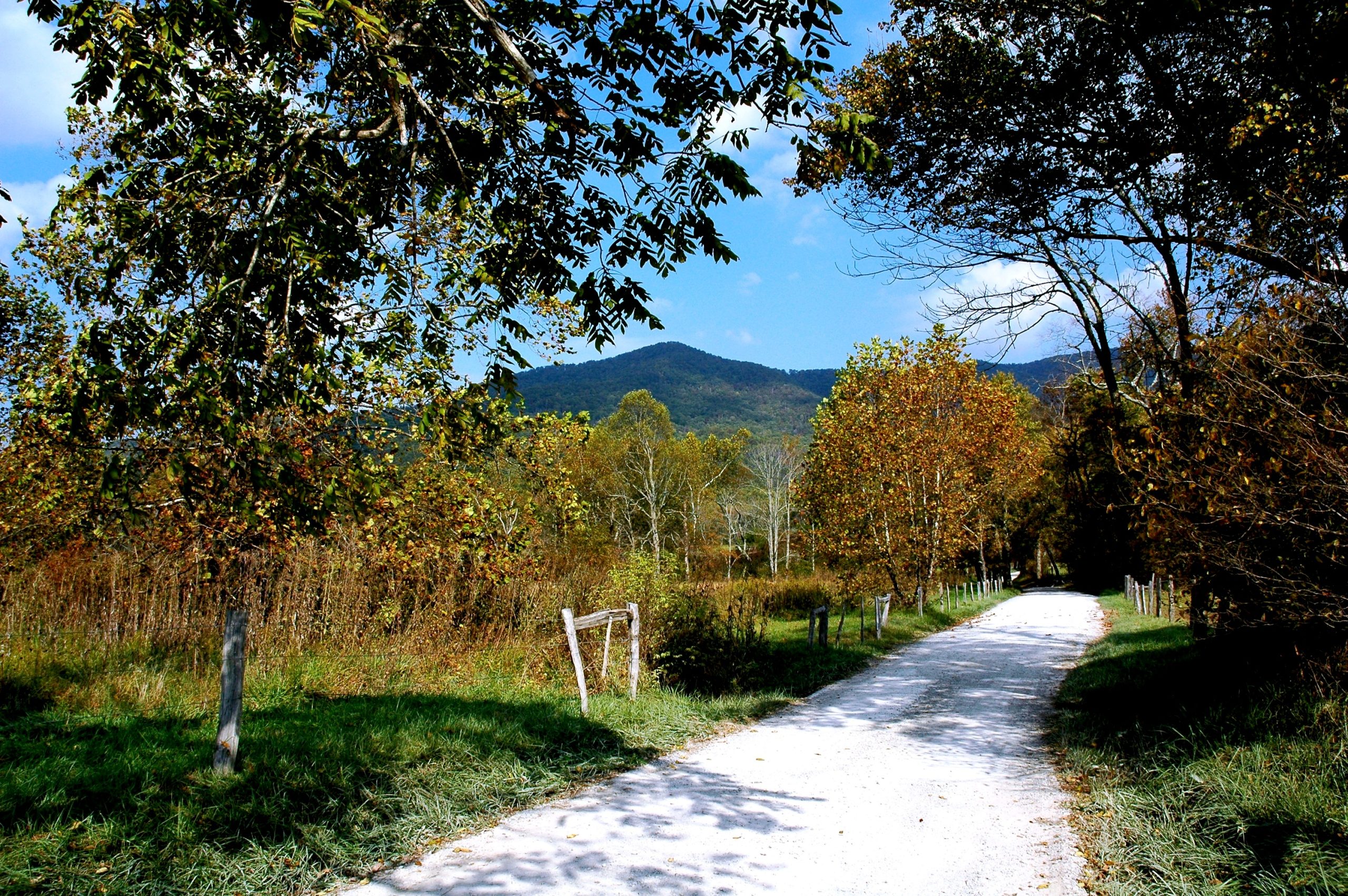The Smoky Mountains, Sevier County, Knox County, Blount County, Douglas Lake and surrounding areas are an extremely popular destination for many to plan their retirement stage of life towards. More than just the US, retirees come around from all over the world to make the Smoky Mountains their new permanent home to make the golden years shine their brightest. As such, planning for making East Tennessee a retirement destination requires careful consideration that we will introduce you to in this article here.
1. Familiarize yourself with the utility companies.
In Sevier County alone, we have many communities and “towns” that aren’t actually incorporated and are not obvious which city provides utilities for them. Wears Valley, for example, is between Pigeon Forge and Townsend, TN, but is technically and legally part of Sevierville. Furthermore, many utilities like city water or gas are not available to many properties in the mountains. Overlap with other city boundaries may apply to some properties as well. When you have some properties in mind, you will need to research who can actually provide utilities for them so you don’t run into confusion and issues with these types of things later.

Having a checklist for the following may help keep you organized on it:
* Electricity
* Water
* Telephone/Internet
* Gas
* Trash Pickup
* Recycling
* Well Repair (for when city water is not available)
* Nearest Convenience Center (for when trash pickup is not available)
* Security (if in a gated community or any other reason you might want additional security)
2. Calculate your expenses for living in the Smokies.
We like to tout that living in East Tennessee can be considerably more friendly on average budgeting than many other places in the US, but how that compares with where you live now or what costs might be compared to other places you were considering for retirement will be imperative before other plans can begin. It seems obvious enough, but we meet retirees every year who have moved to the Smokies without gauging the routine affordability, or on the memory that they stayed here 20 years ago and it was affordable enough then.
Working with a real estate agent who personally lives or works in the area can provide that information as they share what the gas prices are now, what groceries generally cost, what restaurants generally cost, etc. Piecing it together through search engines and sites where travelers post pictures of menus, gas station signs and reviews of their stays in the area can be useful but time-consuming and incomplete. The best way overall would be just to come on over for a week and get an idea of affordability by practice, but this option may not be available for everyone based on flight costs or the difficulties of driving, among others. Help will be available at the bottom line, though, don’t be afraid to ask.
3. Look At Google Maps On The Roadways.
One thing we need to caution anyone who is considering moving to East Tennessee regardless of age is that our roads, even at the foothills and flatlands surrounding the mountains, may be considerably more complicated than what you’re used to driving and bigger vehicles may not be able to get up to some places. Roads or even personal driveways with hairpin turns, narrow lanes, steep inclines and blind sections are common in our area and are subject to conditions like icing over, becoming slick from rain, or gravel driveways eroding.
For this reason, we highly recommend studying the area based on Google Maps satellite images overhead and from the road view (where available). Take a look at where you’d need to get groceries, the backroads for having alternate routes to destinations, where to get your car serviced, where your utilities offices are, where you’ll be able to do your banking, etc. With preparations in place and some experience driving around here, you’ll find it not nearly as intimidating as this section makes it sound, but we do insist on making sure your transportation means can accommodate your needs on our roads.
4. Other Financial/Logistic Considerations For Retirement Vacation Home.
* Insurance costs – Having insurance is a necessity that comes along with owning any home, but you can keep costs down by thinking about it in the planning stages. The Insurance Information Institute recommends buying in an area where there is less risk, like storm surge in beach locations. You can also save by bundling multiple insurance policies together and by shopping around.
* Maintenance – Even if you buy a newer home that will require less maintenance, every home needs to be maintained in order to keep it in good condition. Do you plan on maintaining the home yourself, or will you need to hire a company that can help?
* Accessibility features – You want your vacation home to be a place where you can enjoy throughout retirement, which means it’s a good idea to look for accessibility. Think about if your new home will have wheelchair accessibility, wide entries, walkways that resist frost and ice, necessary mobility in bathrooms and bedrooms, etc.
* Tax implications – The type of tax deductions you can claim on your vacation property will depend largely on whether you also rent it, as well as how much the home is kept for personal use. Keep in mind that while the federal tax law applies nationwide, there may also be local and state tax regulations that apply.
* Plan for a rainy day – Every homeowner should have an emergency fund. When you buy a second home, your rainy day fund needs to grow so that you don’t get any surprises you aren’t prepared to handle.
If we can help you get preparations in place for your retirement to East Tennessee, contact us today at

Comments are closed